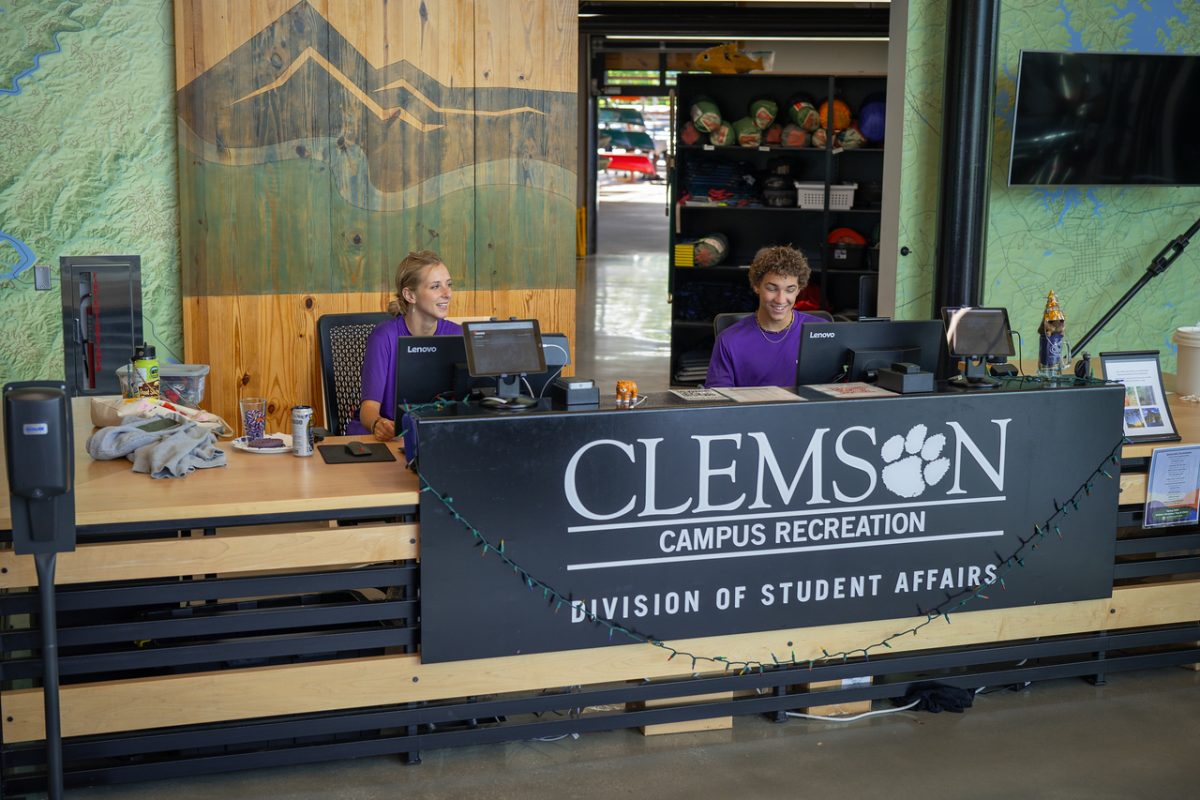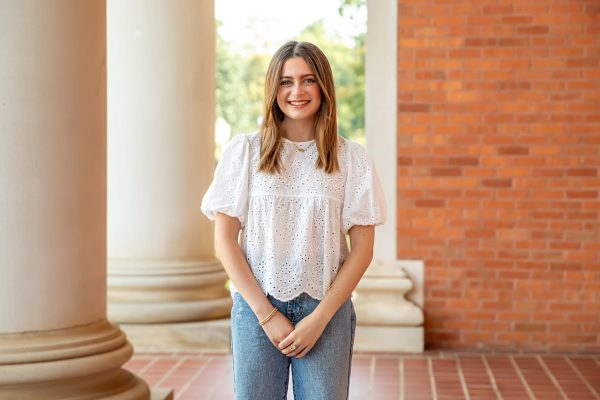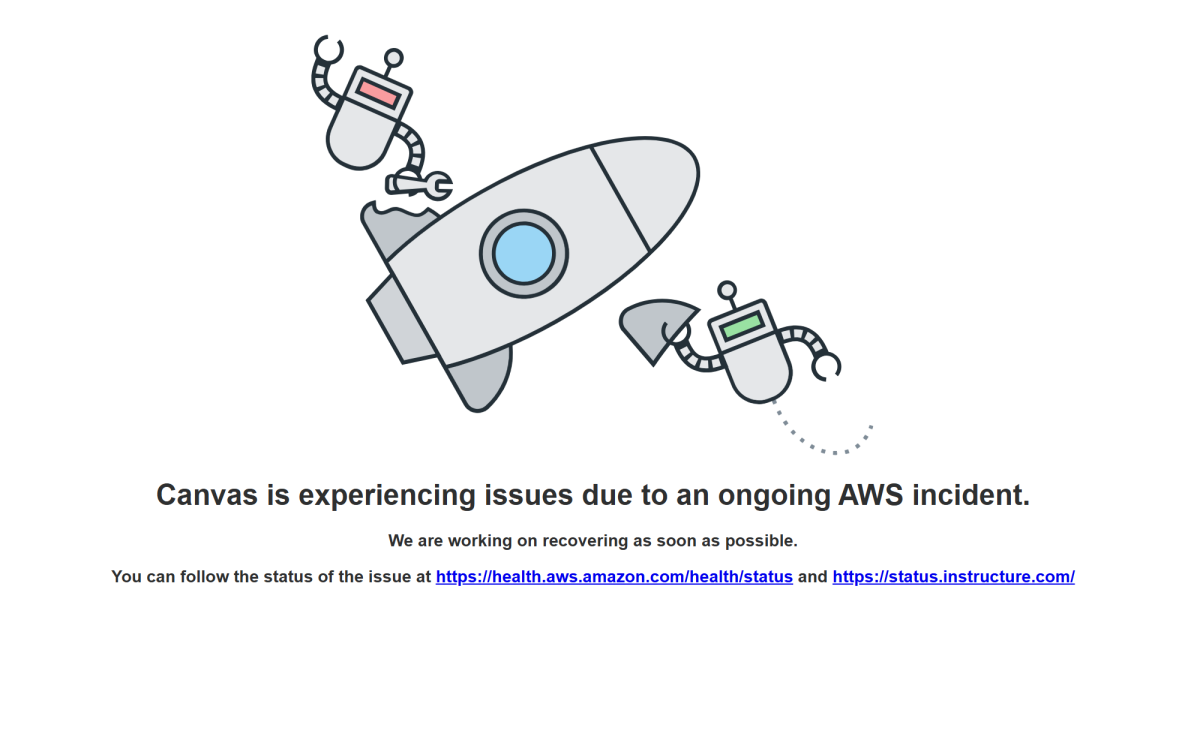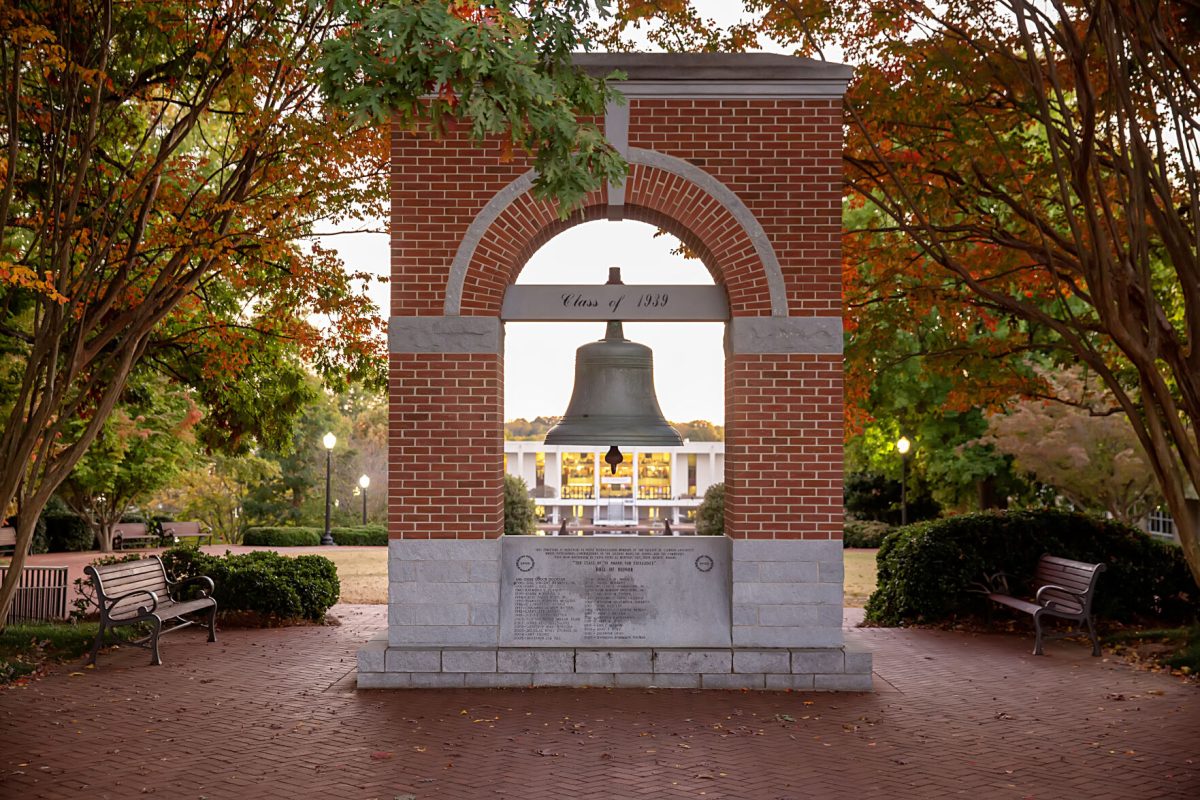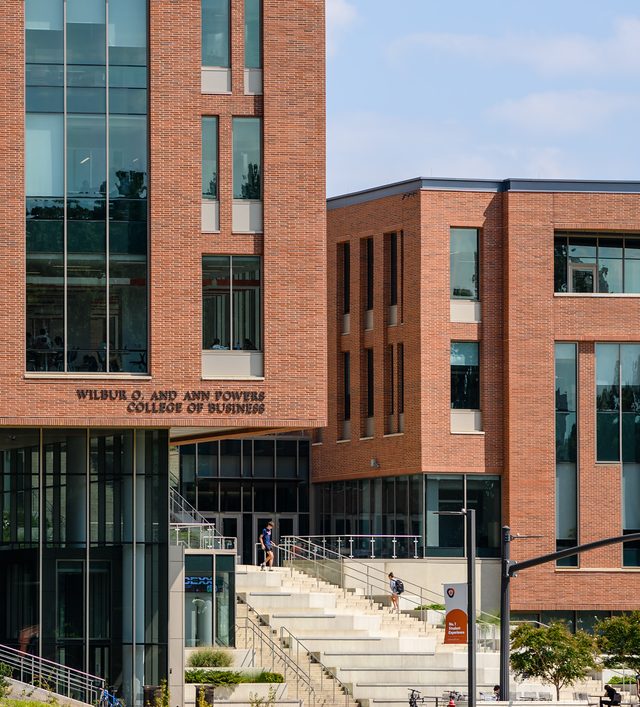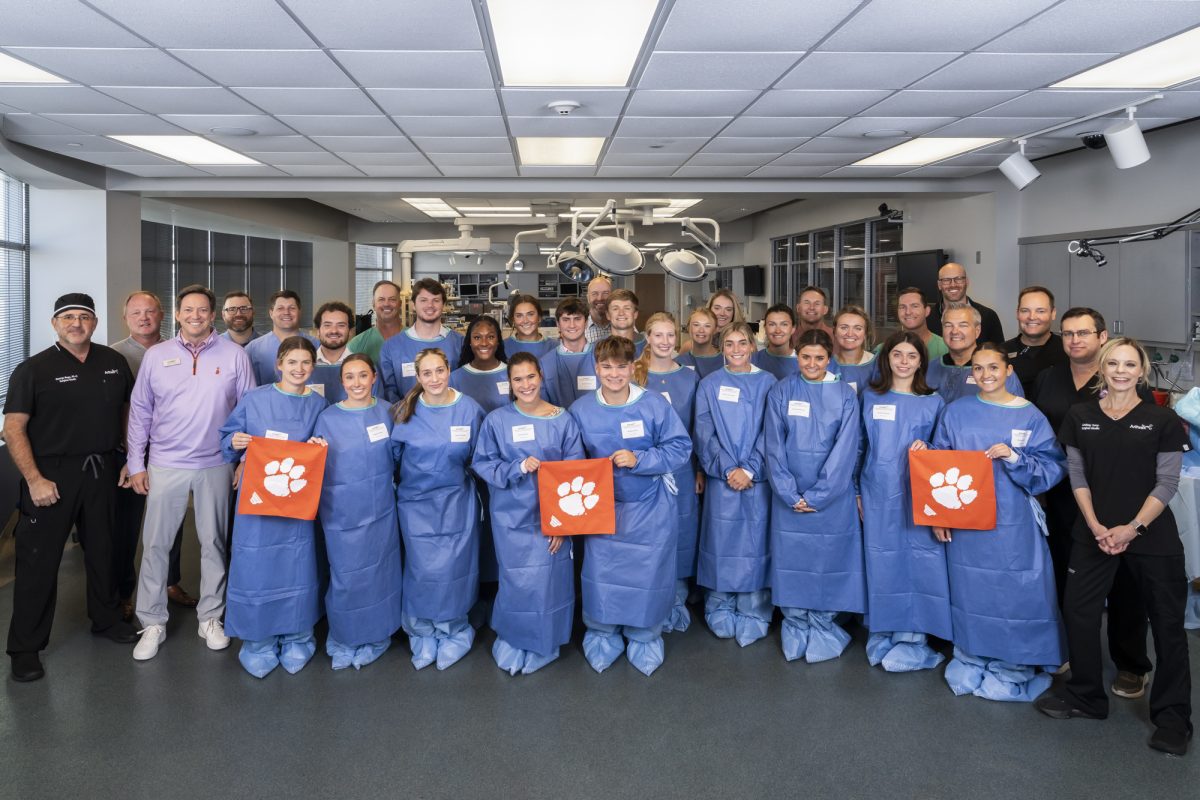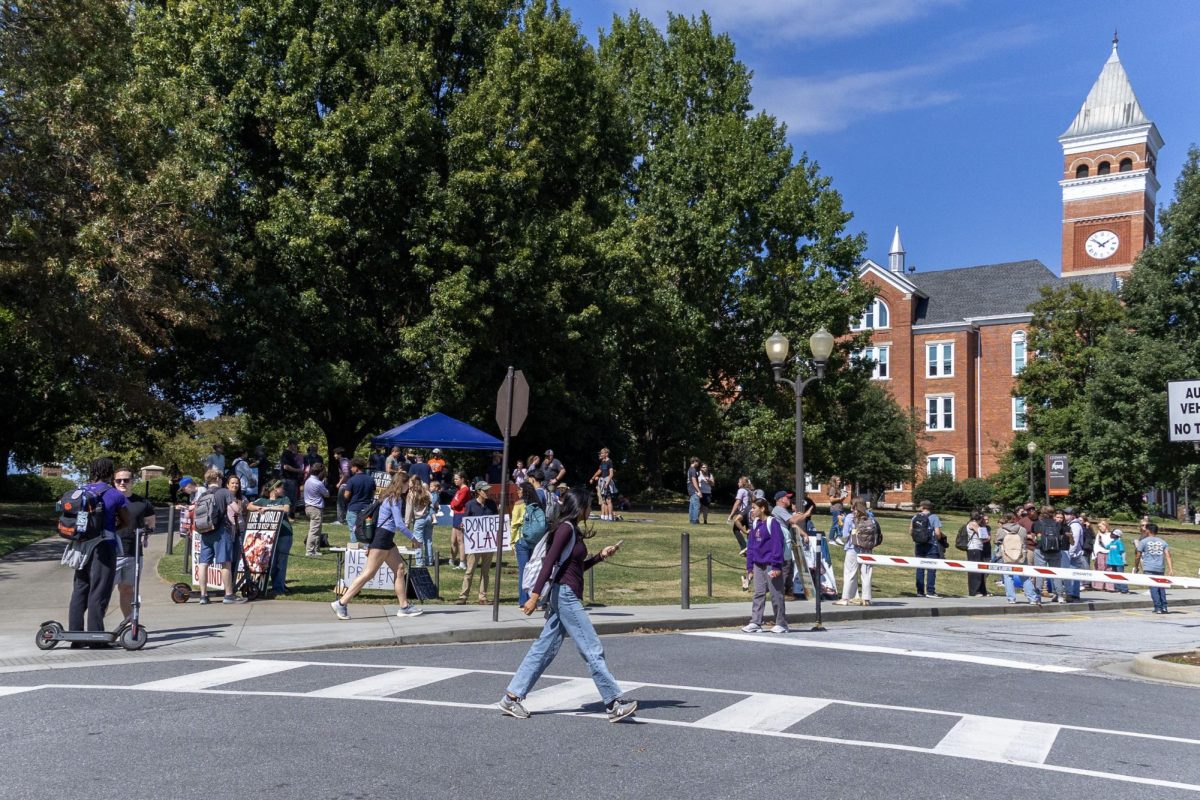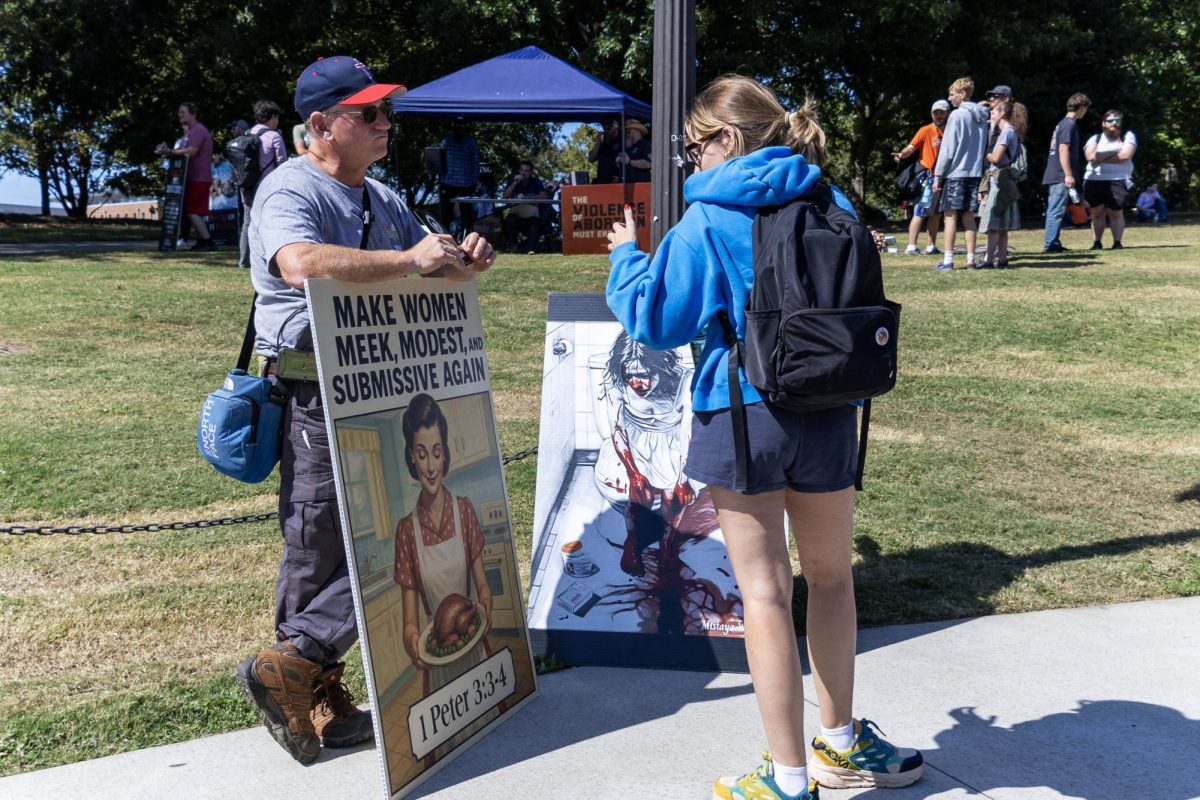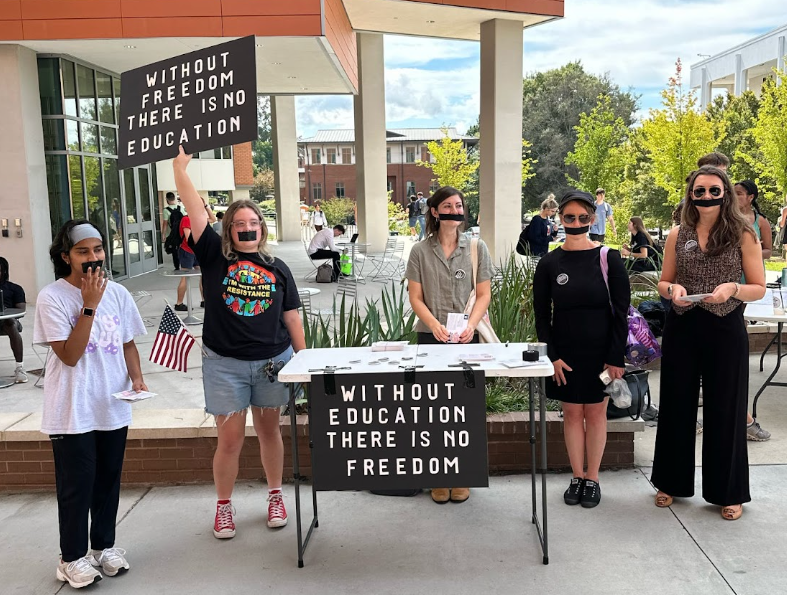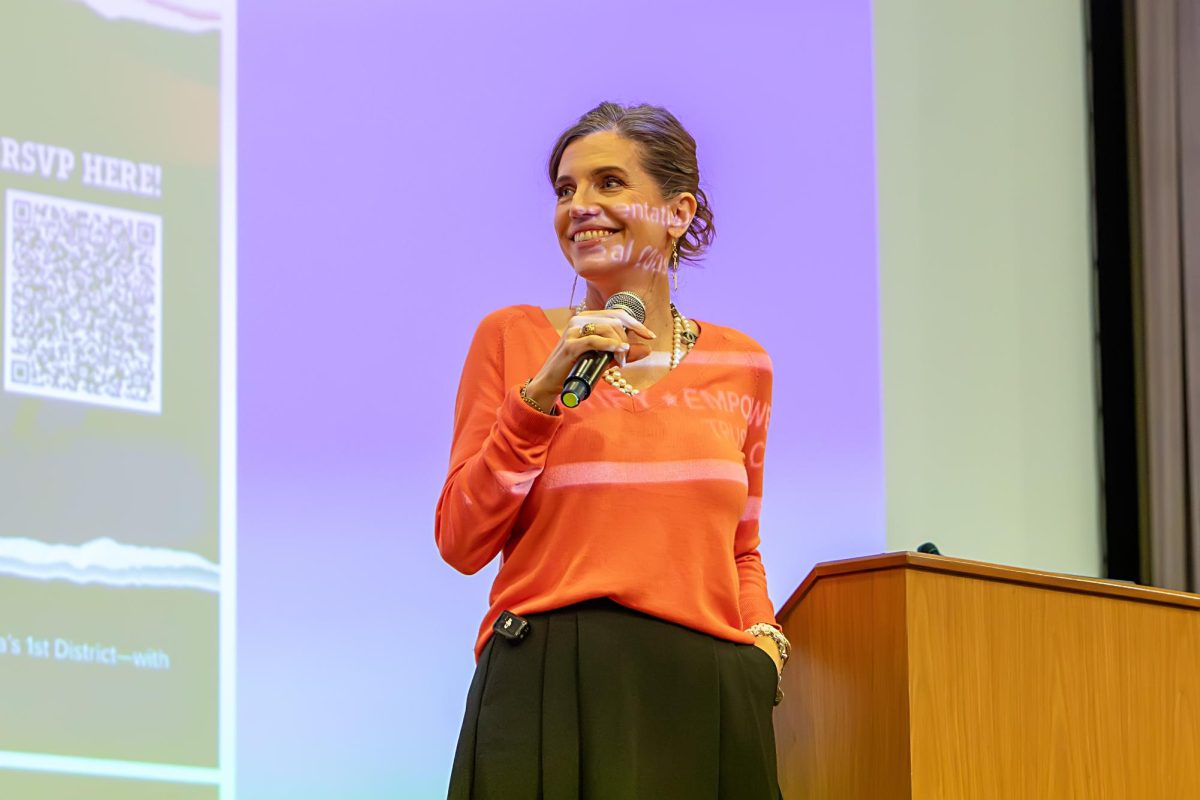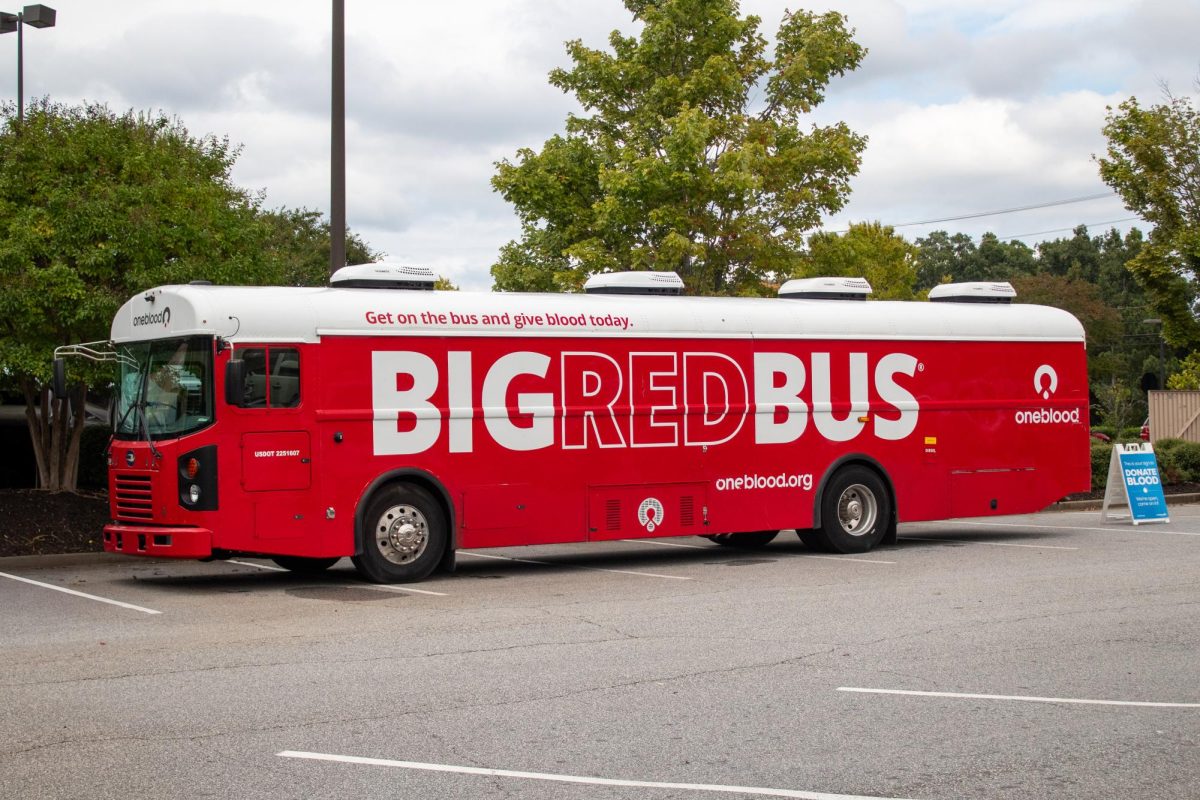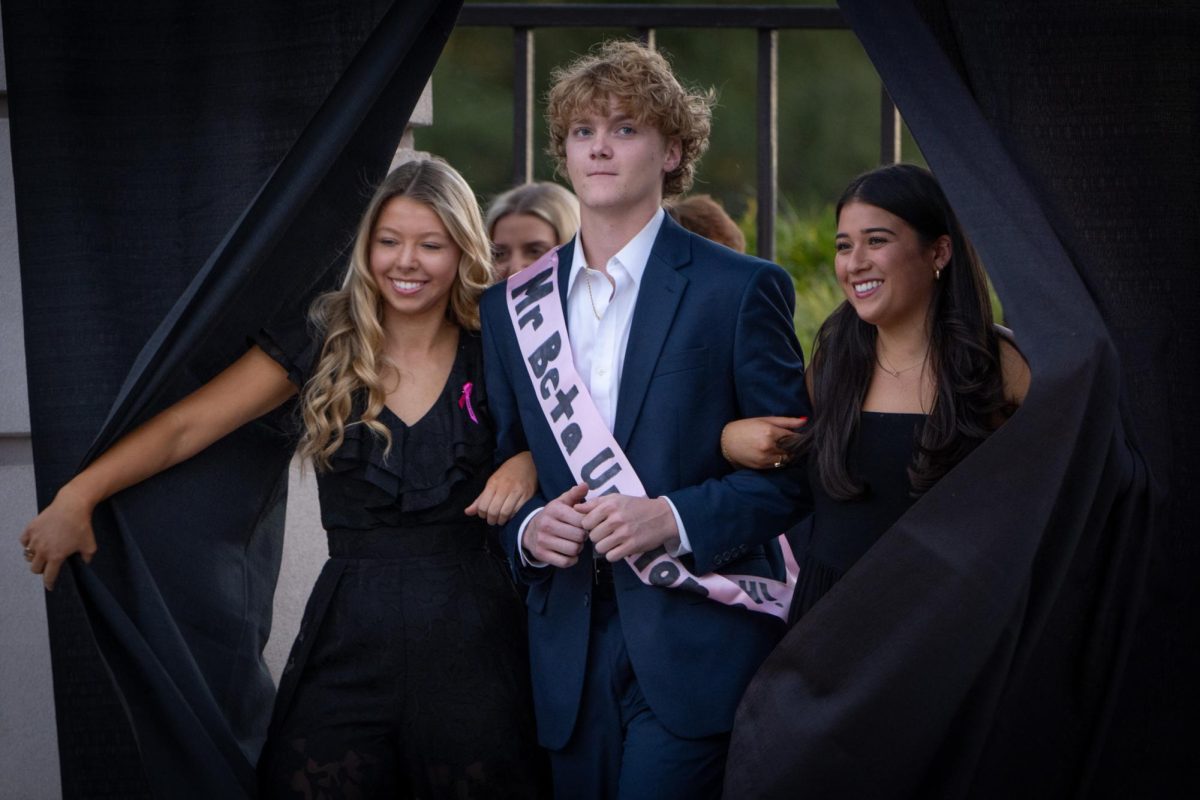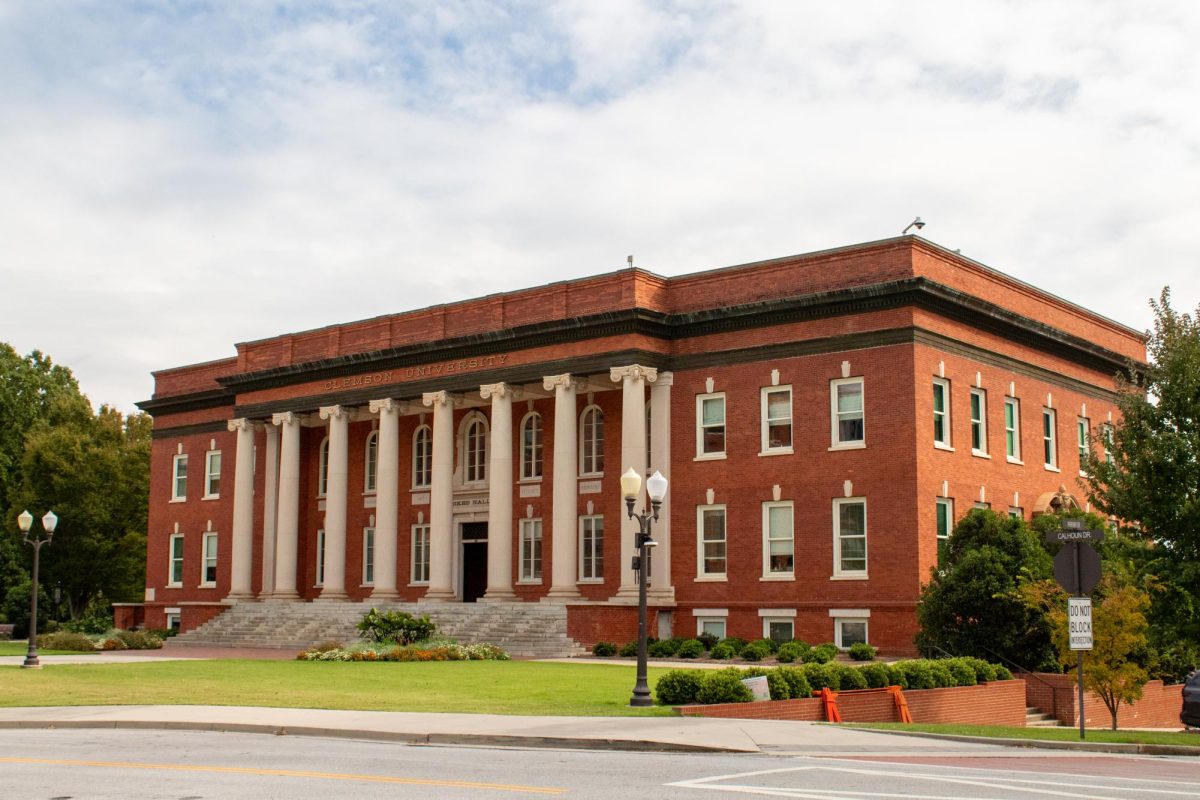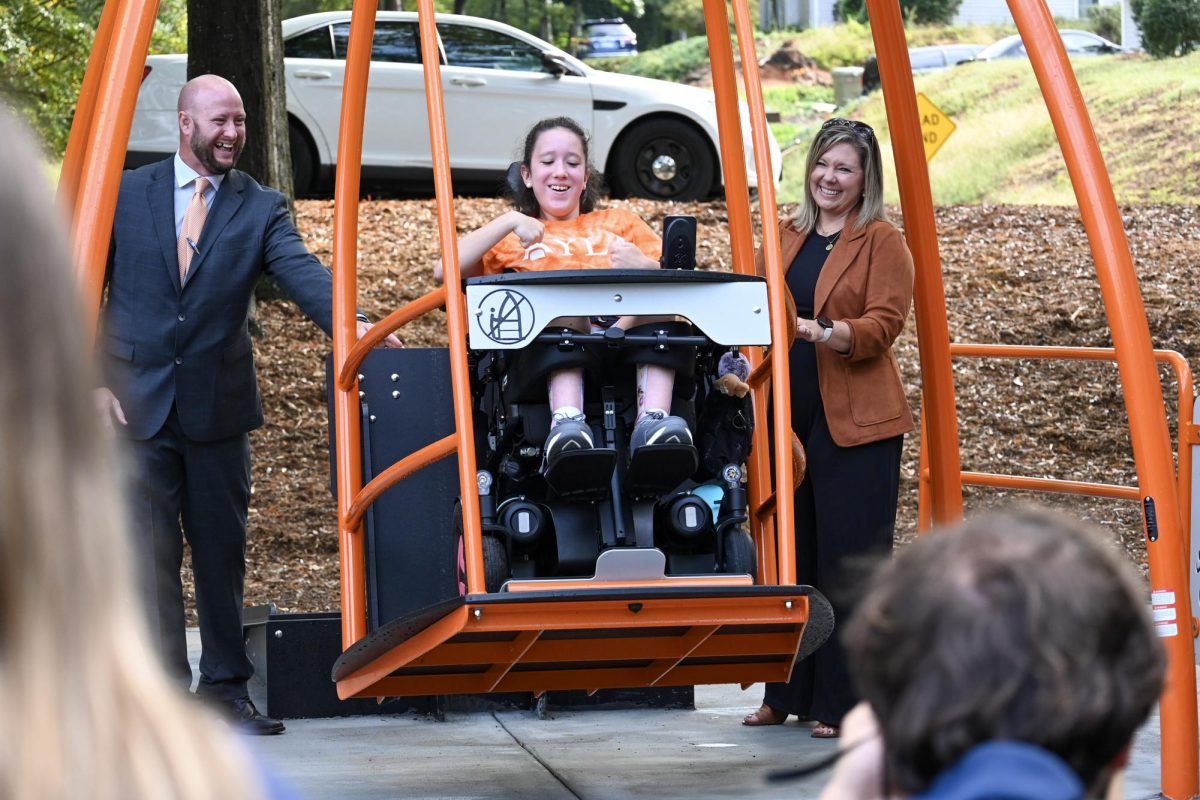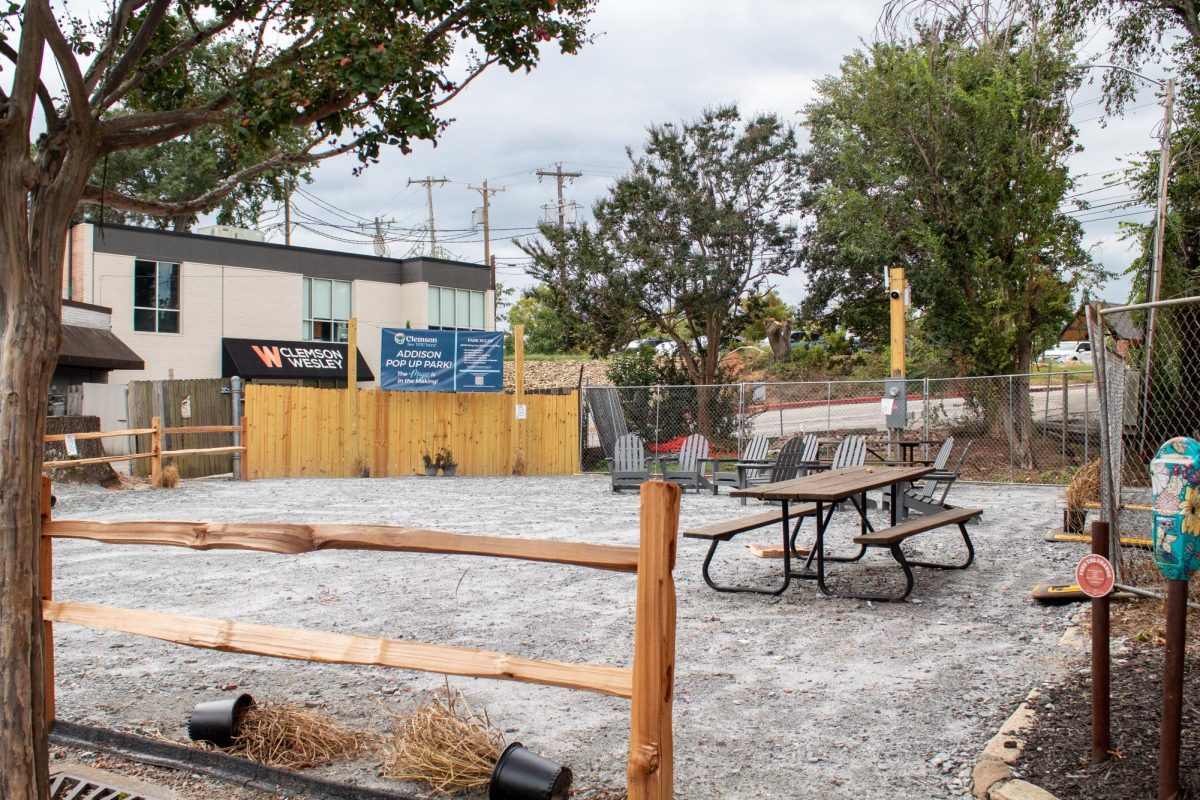Clemson University’s campus recreation and parks, recreation and tourism department have partnered to provide students with experiential learning opportunities and skills development.
The PRTM department at Clemson provides a variety of opportunities and experiences for students to engage in experiential learning, whether through service learning, internships, field placements, practicums or other hands-on learning experiences. A new opportunity for students to continue this experiential learning is through collaboration with the campus recreation department.
Bob Barcelona, Ph.D., is the department chair and a professor in the PRTM department at Clemson. Prior to his role in this department, he worked for Clemson’s campus recreation and knew the impact it could have on students.
“I worked in campus recreation professionally before moving to the academic side of the university, and I really believe that campus recreation is a great context for student learning,” Barcelona told The Tiger in an interview. “Learning can take place through academic coursework, part-time employment, internships, field-based learning, or other experiences that help students gain valuable work experience.”
The University has recently recognized experiential learning as a vital aspect of a student’s education, incorporating it into Clemson’s coursework over the past year.
Similarly, Clemson’s campus recreation is popular among students. With approximately 80% of students on campus being involved in campus recreation, it seemed like the perfect group of students for PRTM to collaborate with.
Kelly Bardusk, the director of external affairs of campus recreation, believed that a collaboration between campus recreation and PRTM was vital, as it would increase the experiences students gain from both Clemson courses and real-life activities.
Learning and hands-on activities are two aspects of student life that are connected to create a beneficial program for students to enhance the No. 1 student experience, according to Bardusk.
“Clemson Elevate’s strategic plan includes Experiential Learning and we thought a stronger partnership could enhance both the classroom and the field-based experiences students are getting between our departments,” Bardusk told The Tiger in an interview.
There are numerous courses created for collaboration between PRTM and campus recreation, including PRTM 3630: Programming and Trends in Campus Recreation, PRTM 2030: Introduction to Campus Recreation and PRTM 2020: Foundations of Wellbeing in Parks, Recreation, and Tourism Management.
The first course to originate, PRTM 3630, allowed students to participate in activities like field days while learning in the classroom through lectures and traditional assignments.
Bardusk explained that the courses incorporate the concept of “challenge and experience followed by reflection, leading to learning and growth,” as described by the Association for Experiential Education.
“We try to introduce concepts in the classroom for each unit and then offer experiential learning through tours, activity days and assignments that allow the students to experience the ideas from class,” Bardusk continued. “They then have assignments that are reflection based.”
What makes these courses stand out is the combination of curriculum taught in the classroom, as well as the application outside of the classroom. Students learn inside the classroom, then take what they are taught into an outside setting, allowing the curriculum to be reinforced in a different, real-world environment.
“The goal of this collaboration was to really intentionally integrate classroom learning with out-of-class experiences that help support student learning – and to expose students to the expertise of professionals who are working in the field everyday,” Barcelona told The Tiger when asked about what inspired this collaboration.
The courses are targeted for first and second-year students to take. If students become involved early in their college experience with this type of curriculum, they will become increasingly engaged throughout their time at Clemson. Additionally, students who learn the skills instilled in these courses early on will be able to use them in their future, whether in everyday life or their careers.
Leisure skills courses make up another part of this collaboration. Leisure skills are activity-based courses, each offering students one credit towards their major. This partnership will offer more than 100 leisure skills per semester and include yoga, zumba, mindfulness and paddleboarding.
“Our Leisure Skills courses, for example, give students the ability to develop skills to participate in a wide range of healthy, lifetime activities — fitness, outdoor activities, water sports,” Barcelona wrote.
A key feature of this collaboration is the emphasis on students’ mental health and well-being.
The leisure skills courses allow students to exercise and spend time outside, helping them balance their academics and overall happiness. Through students’ involvement in this collaboration’s courses, they can focus on both their mental health and academic careers.
“Students also learn about the resources that are available to support their health and wellbeing and how these resources can be used to improve physical and emotional health more broadly,” Barcelona continued.
Experiential learning is vital for students’ growth and development because it helps them efficiently learn and apply what is being taught in the classroom. No matter what degree a student is pursuing, students use their experiences from campus recreation and experiential learning acquired at Clemson in real-life professional settings, including interviews.
“I think getting in the field offers students experiences that enable articulation of concepts with real-life examples.
“Regardless of degree, Campus Recreation student employees frequently reference their work experience with us in interviews for full-time jobs,” Bardusk told The Tiger. “Customer service, teamwork, and conflict with civility are a few examples.”
Another aspect of experiential learning that is beneficial for students is the opportunity to practice their skills and learn from mistakes. Since mistakes are inevitable in one’s life, it is important for students to make mistakes now while they have the opportunity to learn from them and prevent them in the future.
“Students have the ability to practice the skills that they are learning to solve problems or achieve certain outcomes — and even to make mistakes,” Barcelona wrote. “We learn best when we put that learning into practice — and when we can reflect on what went well and what we could do better.”
Aside from implementing what students learn through this collaboration in an academic or professional setting, they benefit from this program as they can use what they learned in everyday life. Although the class curriculum can be used in traditional settings, such as a job or school, students learn new things about themselves and their path in life.
“Students in these courses are learning about themselves and those around them, and how we are each on our own journeys. As Dr. Barcelona mentioned in our presentation, classrooms are an introduction and an invitation to these real-world ideas,” Bardusk said.
Courses that include experiential elements give students the chance to experience things for the first time in a safe and welcoming community, according to Bardusk.
While this program is currently impacting the lives of many students, there is still more to come. This collaboration’s evolution is evident in the constant introduction of new courses.
On that note, a new course deemed PRTM 3910: Backcountry Expedition and Leadership, will be implemented into Clemson’s curriculum in spring 2026. Additionally, a new interdisciplinary minor has become a possibility. The minor would likely consist of a curriculum from this collaboration between campus recreation and the parks, recreation and tourism management department. While this partnership is already beneficial, the future holds a wide range of possibilities for both students and faculty.



